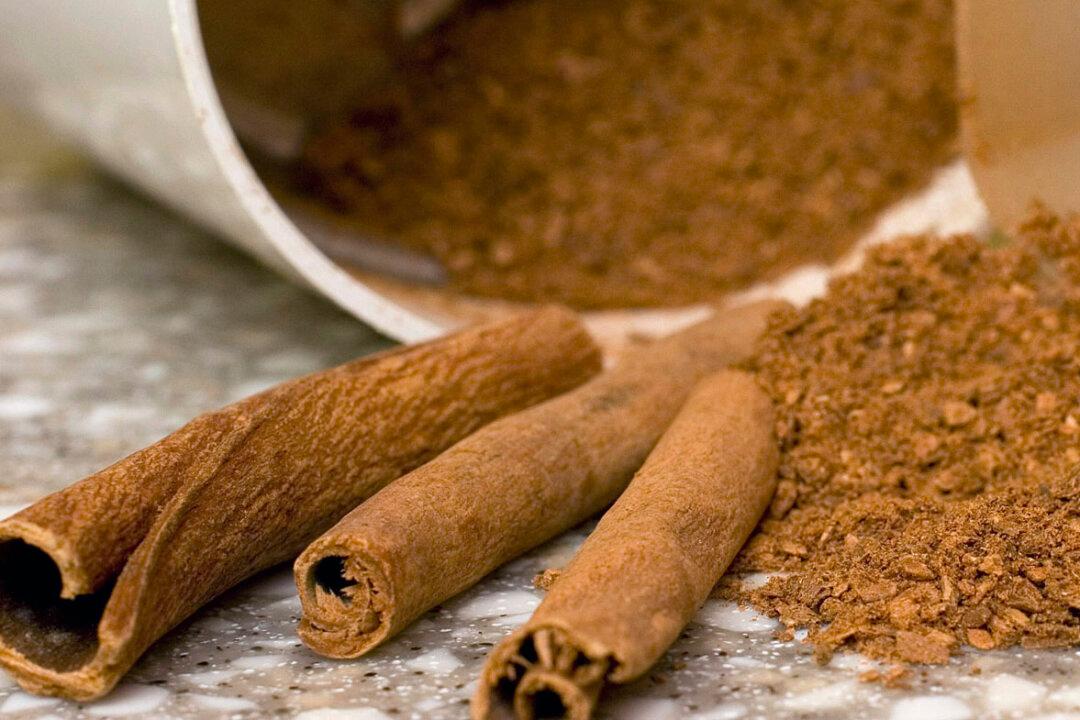High levels of lead were found in 12 brands of cinnamon powder and multi-spice blends tested by Consumer Reports, the nonprofit organization said on Sept. 12.
Food safety scientists from the consumer organization tested 36 ground cinnamon products and spice blends containing cinnamon, such as garam masala and five-spice powder, according to the report.




